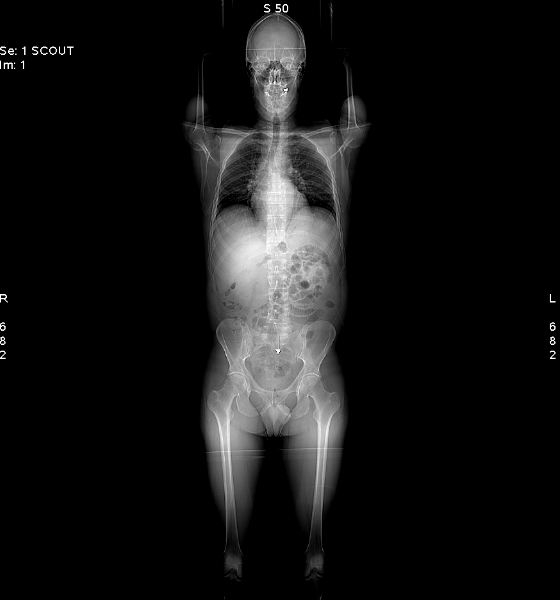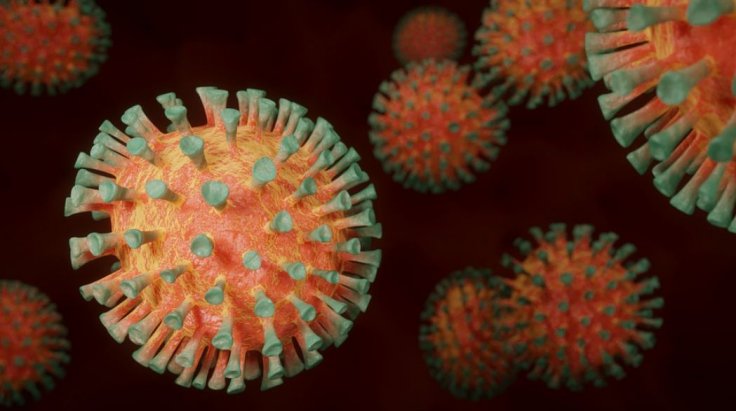Existing diagnostics methods can surely detect COVID-19 and enable diagnosis. However, the duration between the conducting of the test and the availability of the results can be crucial. Now, a new study by scientists from King's College London has discovered that a diagnosis of the coronavirus infection can be made using emergency scans that are meant for the diagnosis of strokes.
According to the authors, the emergency scans used for the study were able to capture images of the upper part of the lungs where a characteristic feature—ground-glass opacification—enabled the diagnosis of COVID-19 in patients. "We identified a simple, reliable, and accurate COVID-19 diagnostic and prognostic imaging biomarker obtained from CTA lung apices: the presence or absence of ground-glass opacification," the authors wrote.

Repurposing Scans Meant for Diagnosis of Stroke
As many as 225 patients suspected to have an acute stroke from three hyper-stroke units in London were examined between March to April 2020. The emergency scans conducted included computed tomography (CT) of the neck blood vessels and the head.
The team noticed the mentioned changes in the top/upper part of the lungs through the emergency scans. Typical 'ground-glass opacification' was found in 22.2 percent (50) of the patients included in the study. This enabled the researchers to accurately and reliably diagnose COVID-19. Additionally, they were able to predict the increased chances of 30-day mortality.
Enabling Timely and Accurate Diagnosis

Explaining why this method can be beneficial, Dr. Tom Booth, lead author of the study, said: "This is particularly relevant given the limitations of currently available Severe Acute Respiratory Syndrome Coronavirus 2 (SARS-CoV-2) reverse transcriptase-polymerase chain reaction (RT-PCR) testing as it takes time to complete the test and sometimes it is inaccurate."
"These are useful results because the changes are simple for radiologists and other doctors to see. This is free information from a scan intended for another purpose yet extremely valuable," he concluded.









